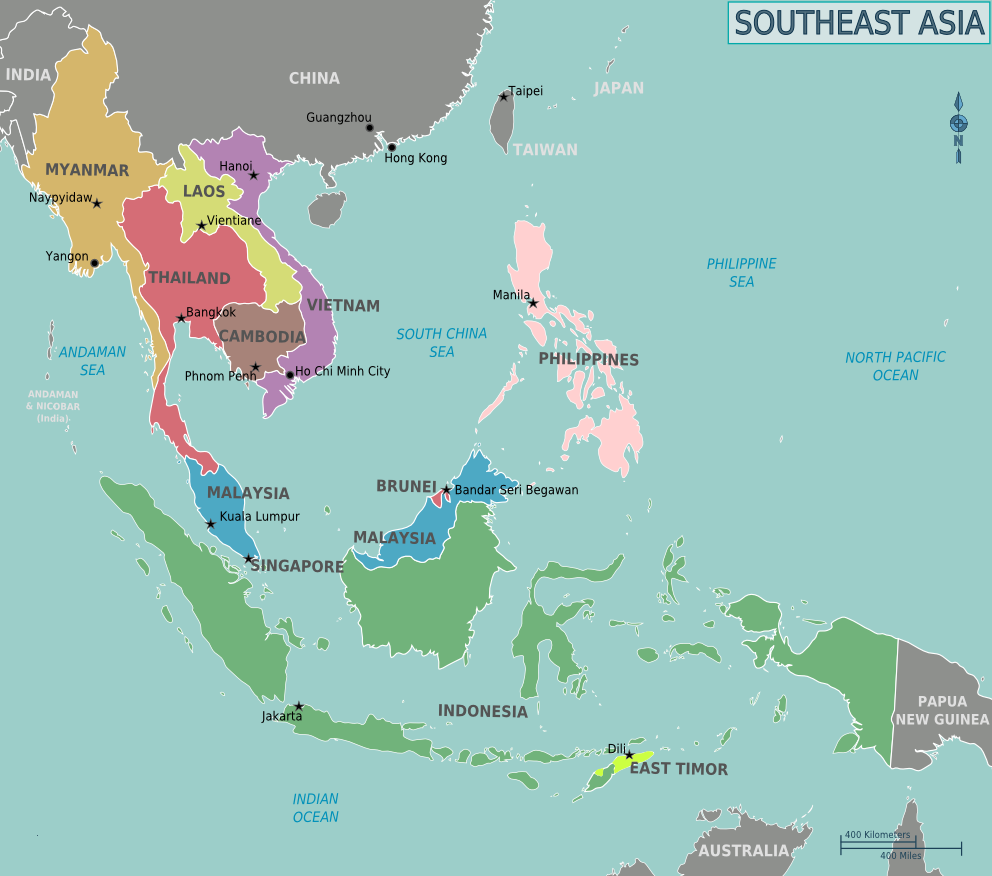 |
| Image source: Election Commission of Malaysia |
Showing posts with label Australia in the Asian Century. Show all posts
Showing posts with label Australia in the Asian Century. Show all posts
August 8, 2013
Two cheers for democracy in Southeast Asia?: recent elections in Malaysia, the Philippines and Cambodia
July 17, 2013
The National Food Plan: food policy or something else?
 |
| Image source: wikimedia commons |
The Australian Government released the National Food Plan White Paper (the Paper) on 25 May 2013. At the time the then Minister for Agriculture, Fisheries and Forestry said ‘For the first time, Australia’s food businesses and consumers have a road map for the future…’ The Paper, however, is not about food for Australians; it has minimal focus on what Australians eat, or food processing in Australia. It is more an export plan, particularly for Australian producers.
February 13, 2013
A snapshot of Southeast Asia in 2013
 |
| Image source: Wikimedia Commons |
Both Malaysia and Cambodia will conduct national elections in 2013. In the case of Malaysia, where the election must be called by April, the upcoming poll has been characterised as the most competitive in the country’s history. This is despite ongoing concerns on the part of opposition parties and democracy activists about possible vote-rigging by the country’s governing coalition, the Barisan Nasional. Cambodia’s elections, scheduled for July, take place against the backdrop of rapid economic development, continued pursuit of closer economic and political relations with China and renewed allegations of human rights abuses by Hun Sen’s government.
November 12, 2012
Australia in the Asian Century: regional security and foreign policy dimensions
November 1, 2012
Australia in the Asian Century: Asian studies in schools
| Image source: Australian Government |
October 31, 2012
Australia in the Asian Century: Improving university rankings
 |
| Image: Macquarie University |
A number of questions arise from this objective, including the appropriateness of world rankings in setting and measuring goals; the degree of investment required to improve rankings and a decision on which ranking system to use.
World rankings have largely arisen in the last decade and there are now five major world university ranking systems. They have variations in methodologies but all stress research investment and performance over other measures such as teaching quality. As a recent Group of Eight analysis states: ‘As they are currently structured world university rankings do not relate well to the missions of universities whose principal mission is not research, or at least not internationally-referenced basic research’.
Australia in the Asian Century: Aiming for the 'Top Ten'
.svg/2000px-Australia_(orthographic_projection).svg.png) |
| Image source: Wikimedia Commons |
Subscribe to:
Posts (Atom)

